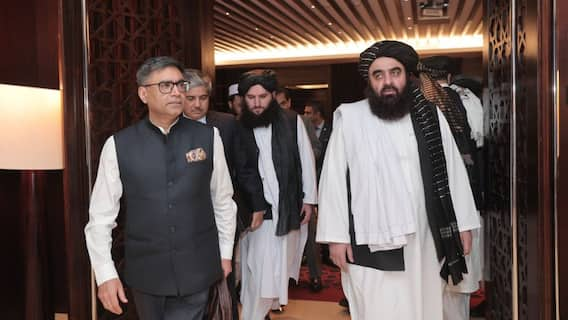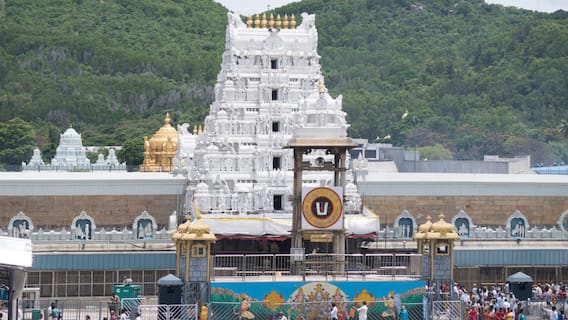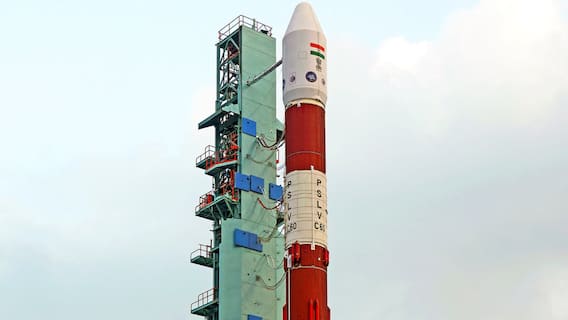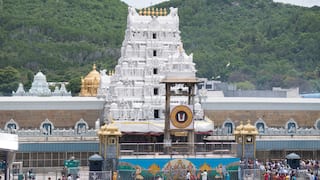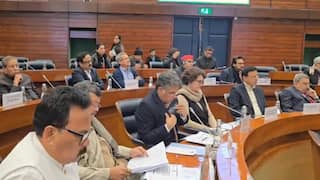Russia's Forced Deportation Of Ukrainian Children A War Crime, Says UN Probe: Report
The high-level investigation team formed by the UN Human Rights Council a year back said that Russia had committed a vast array of violations since its full-scale invasion of Ukraine in February 2022.

New Delhi: Russia's forced large-scale transfer and deportation of Ukrainian children to areas under its control is a ‘war crime’, according to a UN probe, news agency AFP reported.
In its first report, the high-level investigation team formed by the UN Human Rights Council a year back said that Russia had committed a vast array of violations since its full-scale invasion of Ukraine in February 2022.
"Many of these amount to war crimes," the report by the UN team said, highlighting the forced transfer of children.
"The commission has concluded that the situations it has examined concerning the transfer and deportation of children, within Ukraine and to the Russian Federation respectively, violate international humanitarian law, and amount to a war crime," the report added.
According to the Ukrainian government, as many as 16,221 children were deported to Russia as of last month. However, the UN investigators said they could not verify the figures but pointed out that the Russian officials had taken measures to place transferred Ukrainian children in institutions and foster homes and give them Russian citizenship.
The probe report also pointed to a decree signed by Russian President Vladimir Putin facilitating the granting of Russian citizenship to some categories of children.
The report also highlighted several other Russian violations in Ukraine that it said amounted to war crimes, including attacks on civilians and infrastructure, killings, torture, rape and other sexual violence.
"Russian authorities used torture in a systematic and widespread manner," the report said, indicating that "Russian authorities may have committed torture as crimes against humanity."
Notably, the three-person UN commission, headed by Norwegian judge Erik Mose, was formed last year and the Human Rights Council will decide early next month whether to extend its one-year mandate. As part of their investigation, the team visited 56 cities, towns and settlements, and inspected sites of destruction, graves, places of detention and torture, as well as weapons remnants, as per reports. They said that they had interviewed 595 people and checked documents, photographs, satellite images and videos as part of the probe.
According to the investigators, they had also documented "a small number" of violations committed by the Ukrainian armed forces, including "two incidents that qualify as war crimes."
Trending News
Top Headlines








